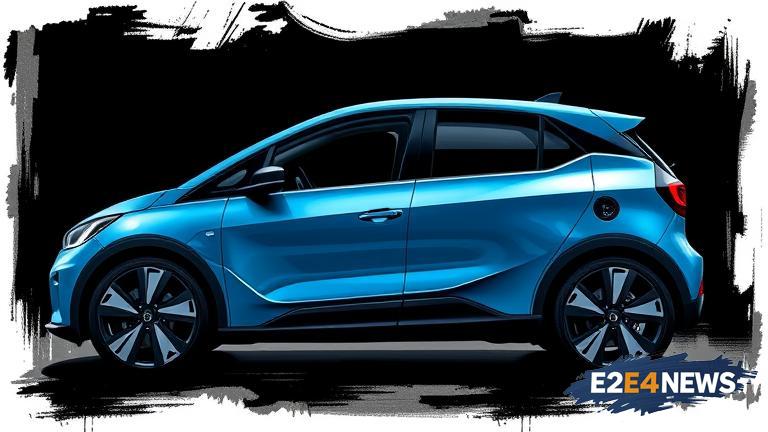The Indian government has announced a comprehensive plan to promote the adoption of electric vehicles (EVs) in the country. The plan includes a range of incentives and initiatives to encourage the use of EVs, including tax breaks, subsidies, and investments in charging infrastructure. The government aims to have at least 30% of new vehicle sales be electric by 2030. To achieve this goal, the government will provide subsidies to manufacturers and buyers of EVs, as well as invest in the development of charging infrastructure. The plan also includes measures to promote the use of EVs in public transportation, such as buses and taxis. The government will also provide incentives to companies that invest in EV manufacturing and charging infrastructure. The plan is expected to create thousands of new jobs in the EV sector and help reduce the country’s dependence on fossil fuels. The government has also announced plans to develop a network of charging stations across the country, with a focus on major cities and highways. The plan includes a range of technologies, including fast-charging stations and battery-swapping stations. The government will also provide funding for research and development of new EV technologies, including advanced battery systems and electric motors. The plan is part of the government’s broader strategy to reduce greenhouse gas emissions and improve air quality in the country. The government has set a target of reducing emissions by 33-35% by 2030, and the promotion of EVs is seen as a key part of this effort. The plan has been welcomed by the automotive industry, which sees it as a major opportunity for growth and investment. Several major automakers have already announced plans to launch new EV models in the Indian market, and the government’s incentives are expected to encourage even more companies to enter the market. The plan is also expected to have a positive impact on the environment, by reducing emissions and improving air quality. The government has announced plans to monitor the progress of the plan and make adjustments as needed. The plan is a major step forward for the Indian automotive industry, and is expected to have a significant impact on the country’s economy and environment. The government’s commitment to promoting EVs is seen as a key part of its strategy to reduce dependence on fossil fuels and promote sustainable development. The plan includes a range of measures to promote the use of EVs in rural areas, where access to charging infrastructure may be limited. The government will also provide funding for the development of new EV technologies, including advanced battery systems and electric motors. The plan is expected to create new opportunities for businesses and entrepreneurs in the EV sector, and to help drive economic growth and development in the country. The government’s plan to promote EVs is seen as a major step forward for the country, and is expected to have a significant impact on the environment and the economy.
